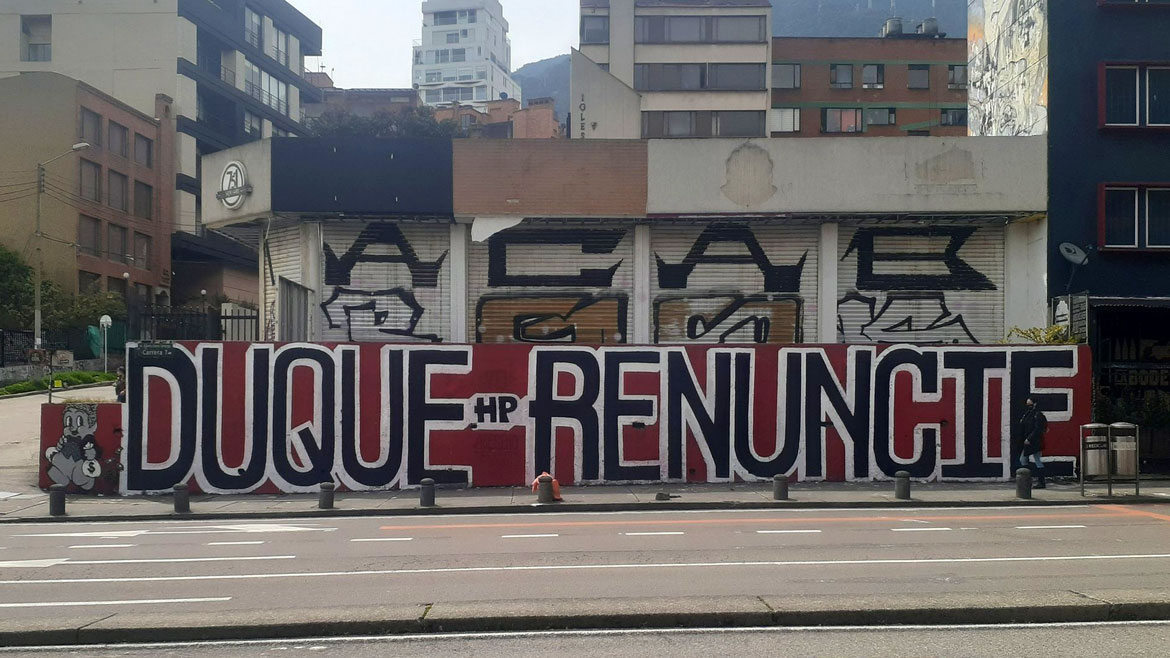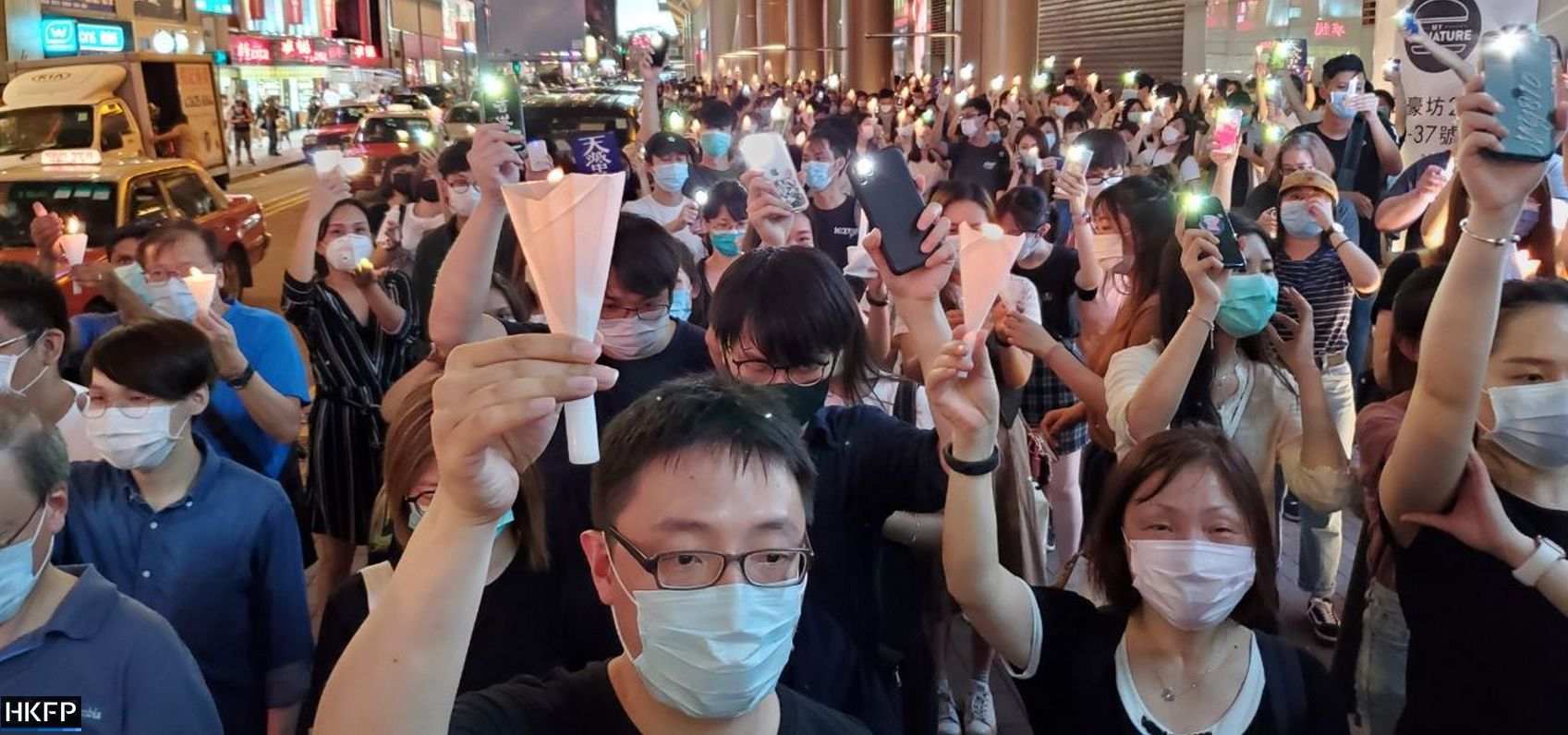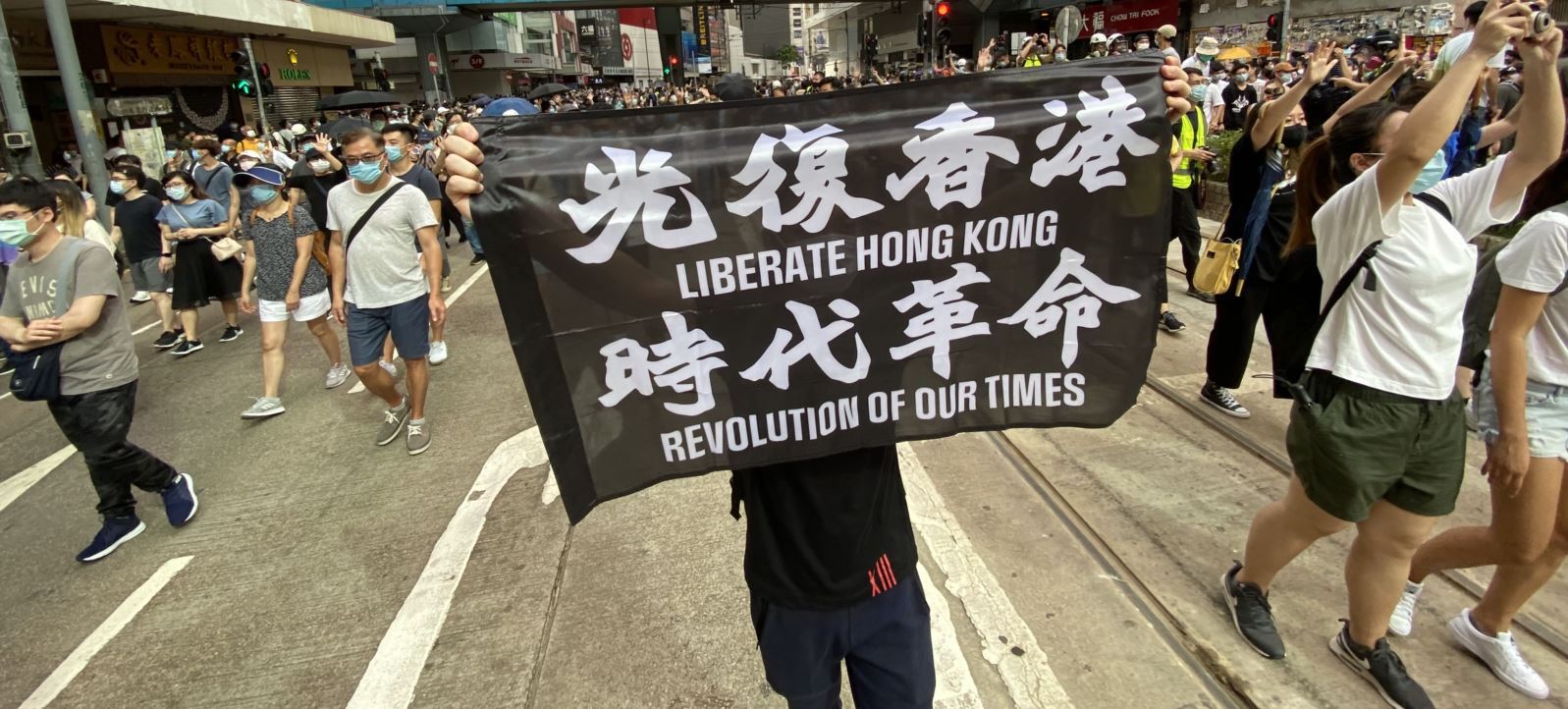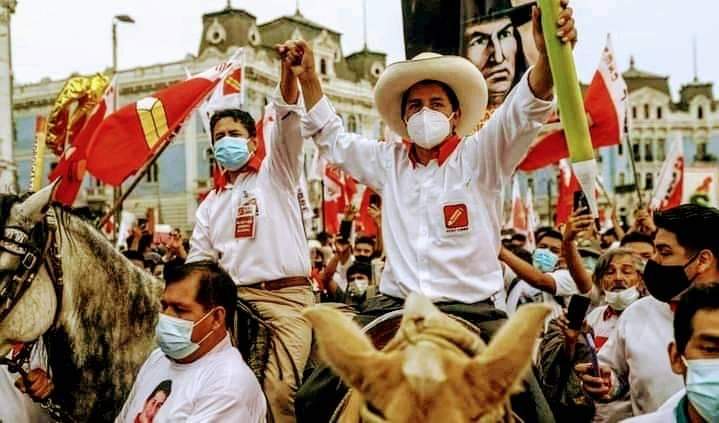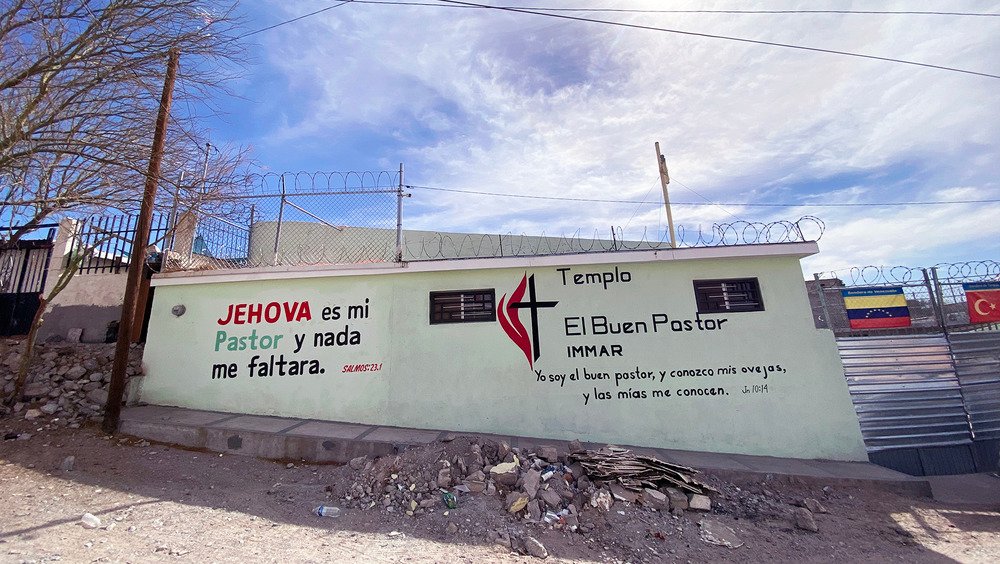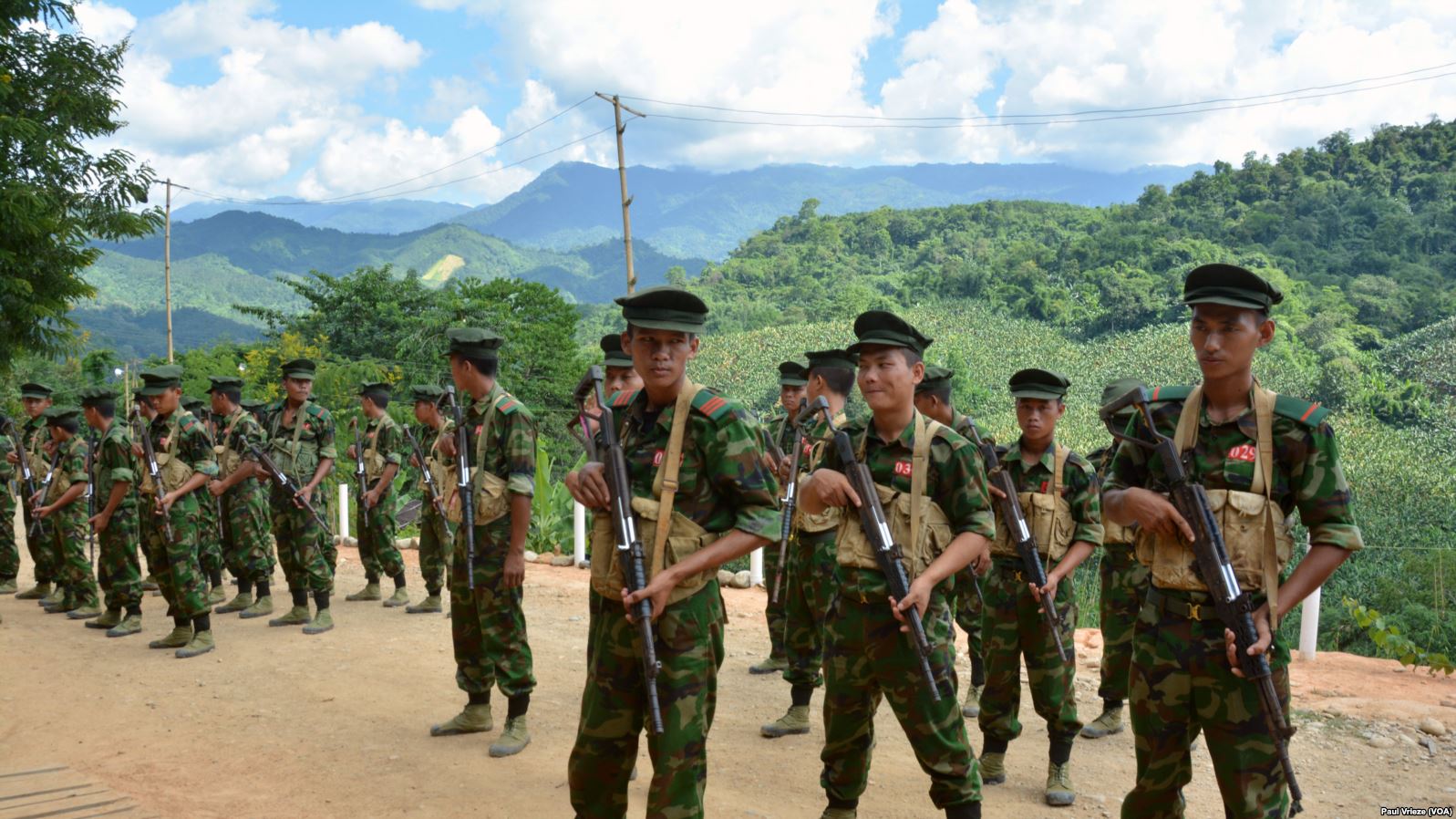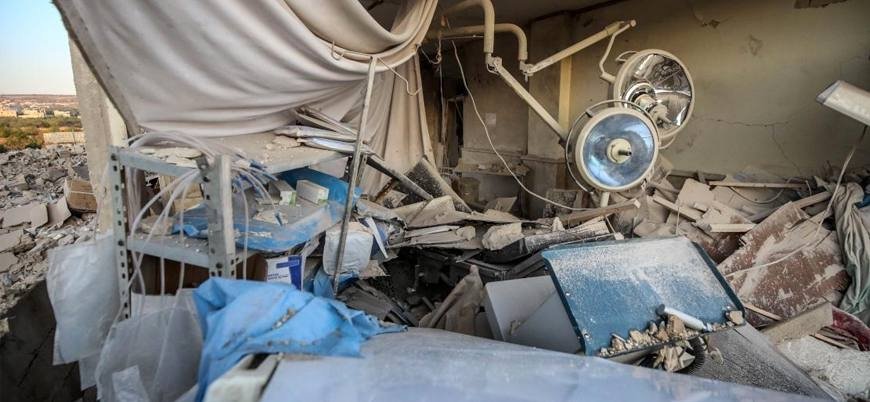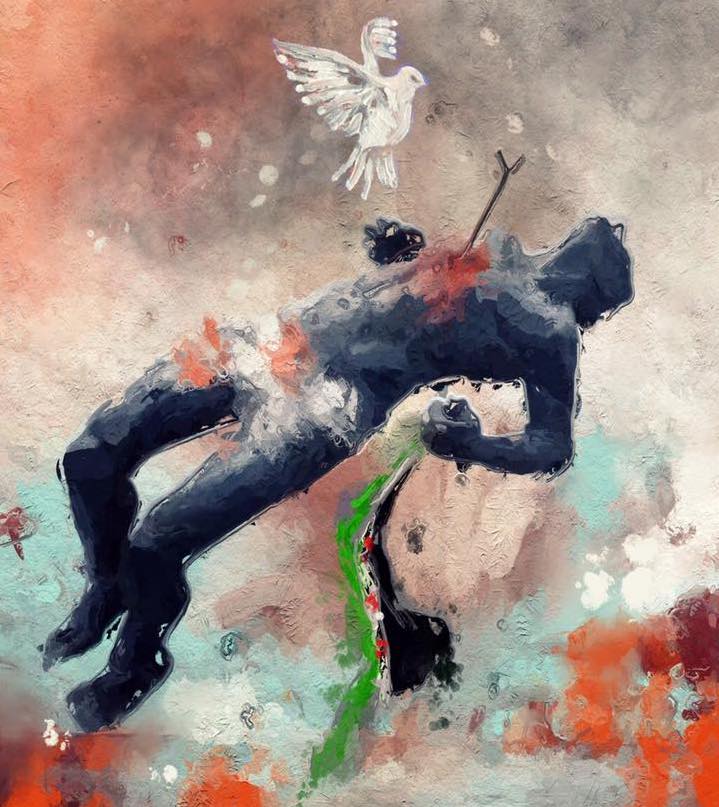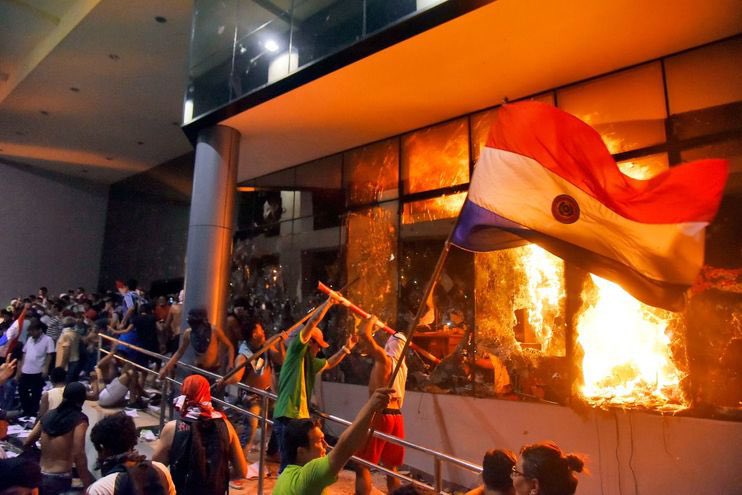‘Clear and convincing’ evidence of Yazidi genocide
The head of a UN team investigating the atrocities by the Islamic State in Iraq & the Levant (ISIL), Special Advisor Karim Khan, reported to the UN Security Council that the team has established “clear and convincing” evidence of genocide against the Yazidi religious minority. The UN Investigative Team to Promote Accountability for Crimes Committed by Da’esh/ISIL (UNITAD) has finalized preliminary case briefs on two key priorities: the attacks against the Yazidi community in the Sinjar region of Iraq starting in June 2014, and the mass killing that month of predominantly Shia unarmed cadets and military personnel at Iraq’s Tikrit Air Academy. (Photo via Ezidikhan Public Information Bureau)



